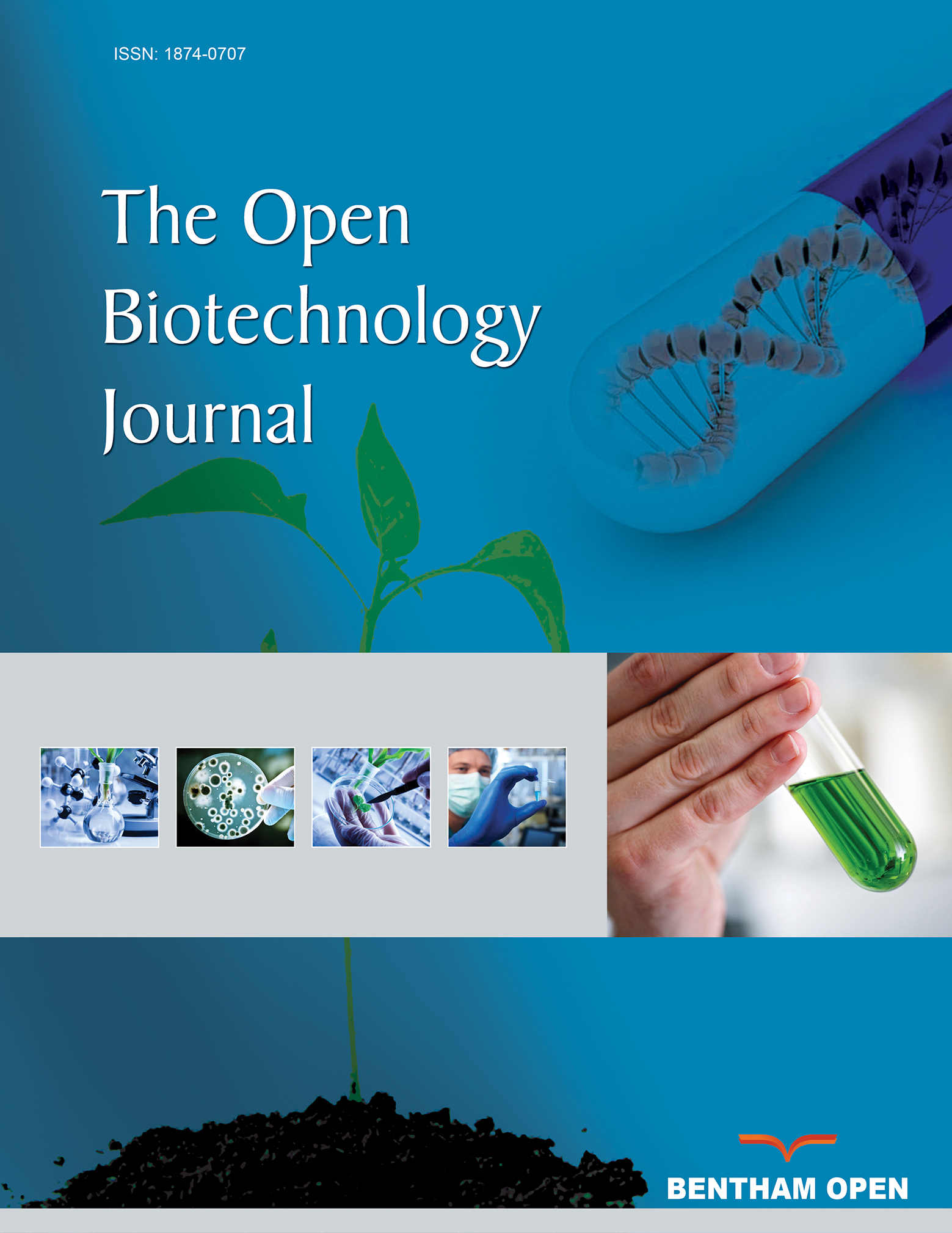All published articles of this journal are available on ScienceDirect.
Monoclonal Antibodies for Immunohistochemical Diagnosis of Breast Cancer
Abstract
Breast cancer is a leading malignant disease in women worldwide, although its pathology is visually localised. Currently, it has been proven that the parameters of molecular genetic biomarkers, including oncoprotein HER2, proliferation markers Ki-67, oestrogen receptors ER, and progesterone receptors PgR, are associated with breast carcinogenesis and are a reflection of the biological aggression of the tumour. The significance of these biomarkers in signalling pathways and genetic mechanisms of carcinogenesis has been described, as well as the relationship between the expression levels of each biomarker and the tumour response to appropriate therapy.
The primary antibody that imparts specificity to IHC is based on the monoclonal antibodies (mAbs) as the main immunoreagent that enables reliable identification of breast cancer cells. The most commonly used antibodies to molecular biomarkers for IHC were determined in accordance with indicators of laboratory use and efficiency (pass rate) of HER2, Ki-67, ER, PgR assessments in the NordiQC breast cancer module. The discovery of the complete structure of these biomarkers and the design of their domains and subdomains by genetic engineering methods enable the synthesis of effective monoclonal antibodies. Quantitative indicators of the expression levels of tumour biomarkers of breast cancer were determined using mAb, depending on epitope specificity and affinity.


